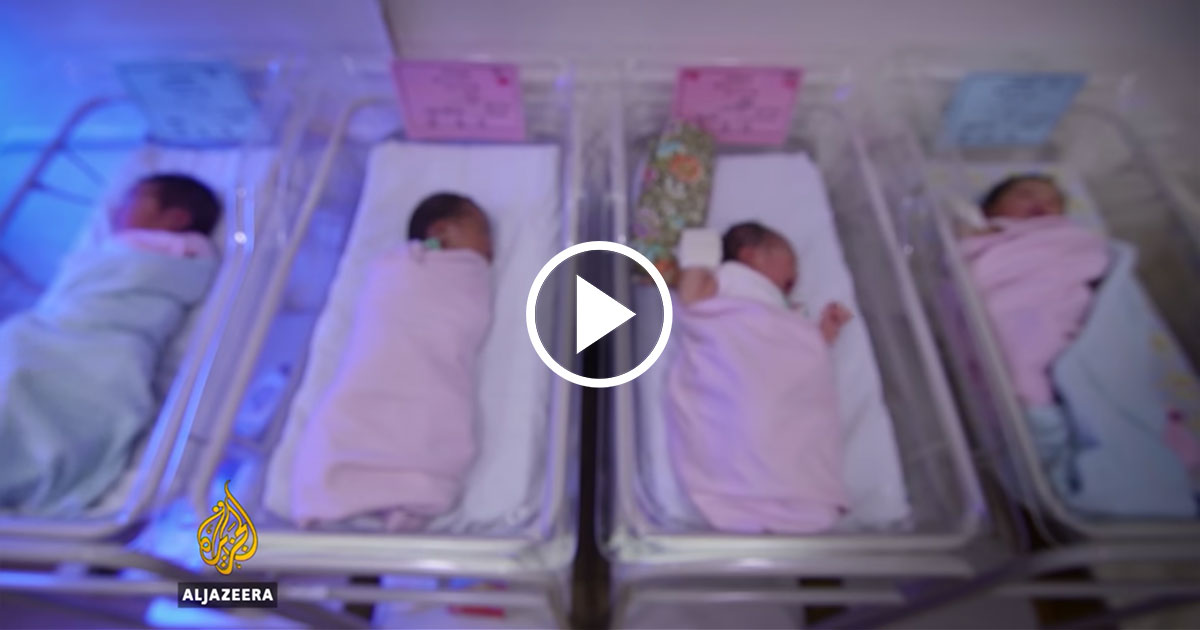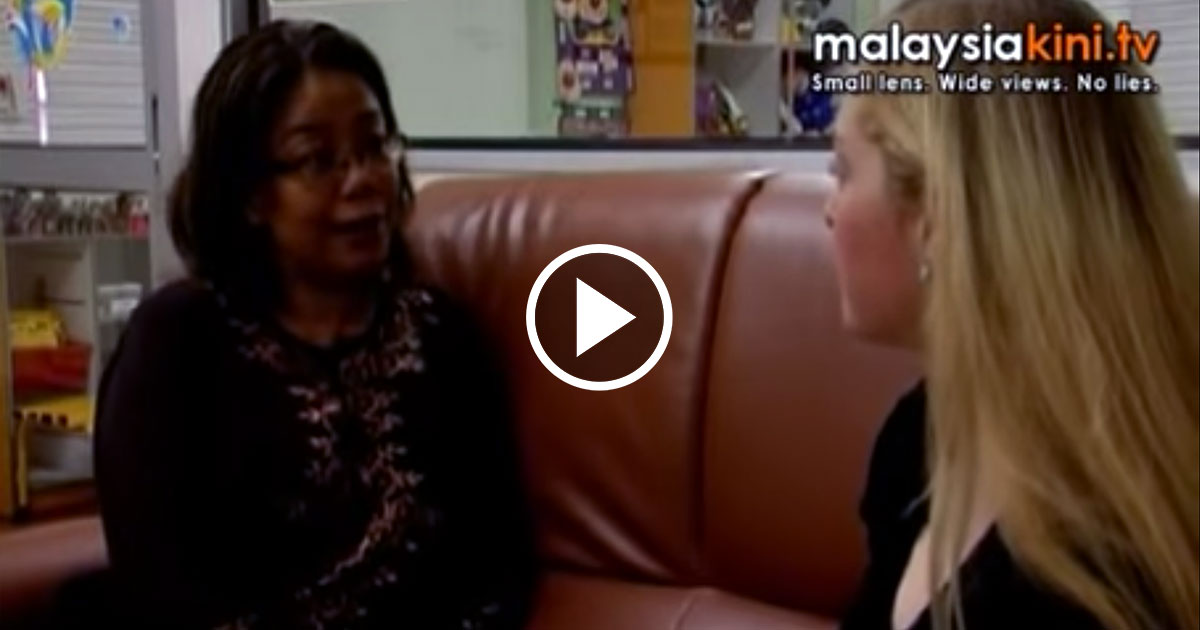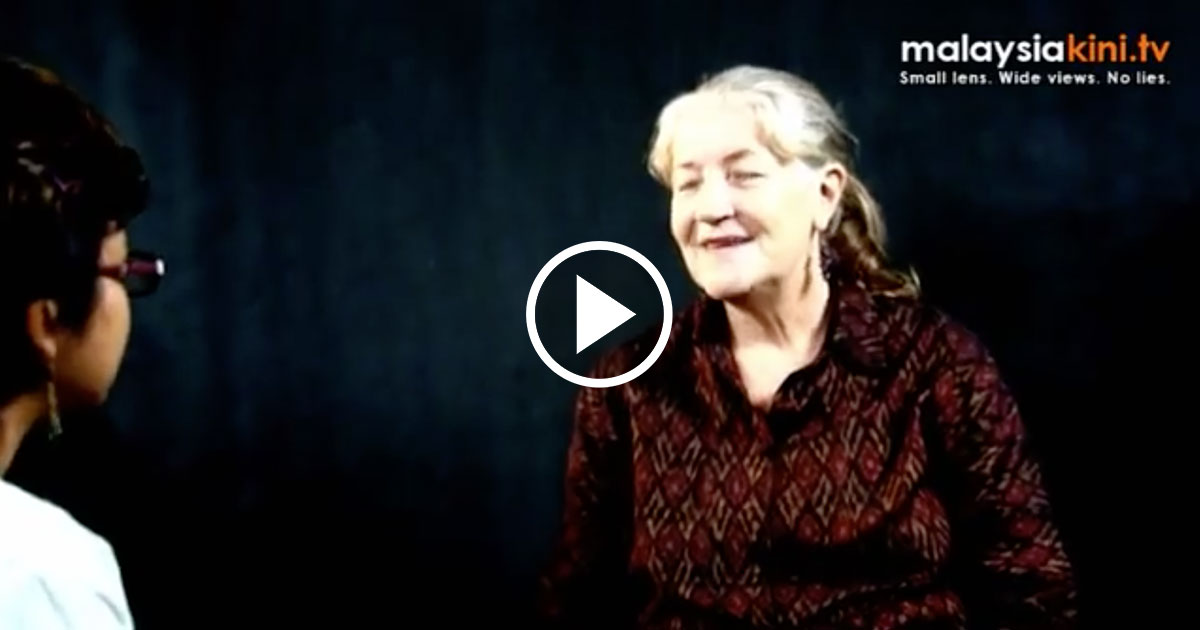
Babies for sale in Malaysia
Video by Al Jazeera English
Baby selling investigation leads to arrests in Malaysia
A woman and two men were arrested on Wednesday after police raided clinics and homes on the outskirts of Kuala Lumpur.
Share this

Video by Al Jazeera English
A woman and two men were arrested on Wednesday after police raided clinics and homes on the outskirts of Kuala Lumpur.
Share this

Produced by Megan C. Radford and Shufiyan Shukur
In 2010, ninety-one babies were abandoned by their mothers in drains, washrooms, mosques, and other public places in Malaysia. Then, in the first week of 2011 alone, seven babies were abandoned, an average of one a day.
Experts say that the main cause of Malaysian baby-dumpings is the stigma that young unwed mothers face from the conservative Muslim community.
Even health care providers have been reported to demand marriage certificates from women in labour, to prove that their children are legitimate.
Girls are sometimes no longer welcome in their homes or families when they become pregnant. Under this kind of pressure, many feel that the best way to deal with their unwanted baby is to get rid of them as quickly as possible.
Malaysiakini spoke to two NGOs and the office of the Minister of Women, Family and Community Development to try and get a handle on what these young girls go through, and what is being done to help them and their fragile newborn children.
Share this

Reported by Aidila Razak, video by Shufiyan Shukur
“…a woman who gets pregnant, and didn’t intent that pregnancy, she has the right to the full information on all the choices, one of which is does she want to keep that pregnancy. In Malaysia, abortion is actually legal for very liberal reasons since 1989, but most people don’t know because we haven’t told them and media and doctors are not well informed as well…”
An exclusive interview with Puan Rashidah Abdullah, Co-Chair of the Reproductive Rights Advocacy Alliance Malaysia (RRAAM).
Rashidah Abdullah is an activist and independent consultant in the areas of women’s health and sexual and reproductive health and rights, women’s rights and NGO organisational development in Malaysia. She is the founder director on ARROW’s Board of Directors, Co-Coordinator of RRAAM, a member of the Malaysian Aids Council’s Programme Review Committee, the Programme and Management Committee of Sisters in Islam, and a trustee of Women’s Aid Organization (WAO).
Share this